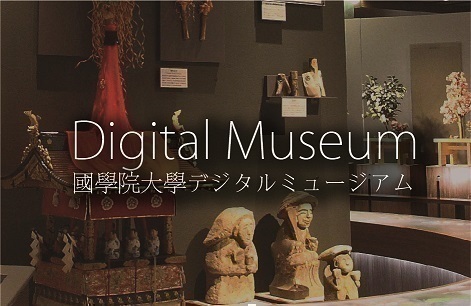- トップ
- Encyclopedia of Shinto
- Sanjinsō
Encyclopedia of Shinto
| Main Menu: | |
| Links: |
詳細表示 (Complete Article)
| カテゴリー1: | 5. Rites and Festivals |
|---|---|
| カテゴリー2: | Rituals in Okinawa and Amami |
| Title | Sanjinsō |
| Text | This word can also be written with Chinese characters that read sanzesō (三世相) in standard Japanese. In Okinawa it refers to a fortune-teller, who can also be called munushiri (Jp monoshiri, "knower of things") or shimuchii (Jp shobutsu, "book"). Fortune-tellers are said to be part of the tradition of male shamans (toki) and indeed most are men. Using books (almanacs from publishers Takashima Ekidanjo and also divination books written by themselves) and knowledge acquired from personal experience, they address and make prognostications based on a client's birth date and physiognomy about a wide range of matters related to real estate, moving house, setting out on journeys, engagements, marriages, funerals, graves, and buildings. Sanjinsō are different from yuta (female shamans) in many mutually-recognized ways; for example, they do not show signs of possession (kami-daari) and they do not go through shamanic initiation rites. Nevertheless there are many points where their functions overlap and this has led to rivalry between them. The distinction between the two can be ambiguous; for instance, some sanjinsō rely on spiritual power alone like most yuta do rather than use almanacs or books of divination, and some yuta do use books. — Hatakeyama Atsushi |




